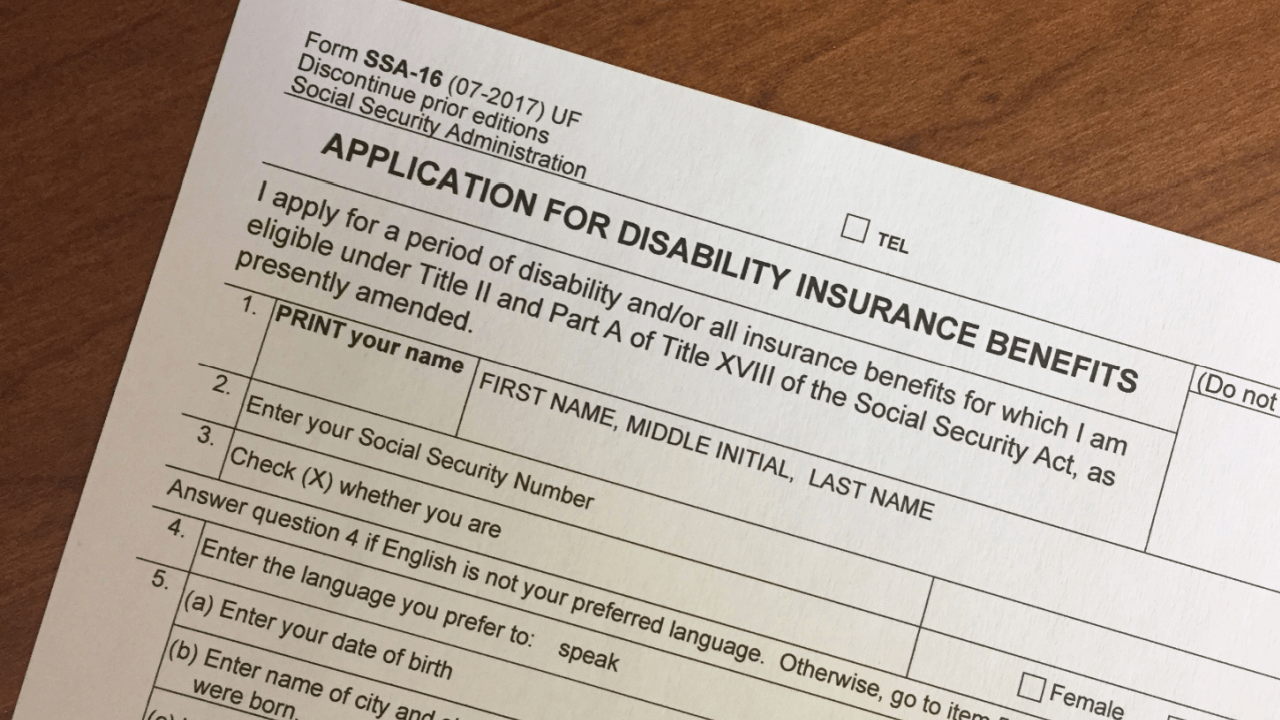
What Medical Evidence Is Needed for Disability Claims?
Essential Requirements: What Medical Evidence Is Needed for Disability
Understanding what medical evidence is needed for disability benefits can determine whether your claim gets approved or denied. The Social Security Administration requires comprehensive medical documentation to prove your condition prevents you from working. This evidence forms the foundation of a complete disability application.
Medical evidence serves as proof that your condition meets Social Security’s definition of disability. Without proper documentation, even legitimate claims face rejection. The right medical evidence demonstrates both the severity of your condition and its impact on your daily functioning.
Medical Records: Core Documentation Requirements
Your medical records represent the most critical component of disability evidence. These documents must come from acceptable medical sources, including licensed physicians, psychologists, and other qualified healthcare professionals.
Primary medical evidence includes:
- Diagnostic test results showing objective medical findings
- Treatment notes documenting your condition’s progression
- Hospitalization records proving serious medical episodes
- Surgical reports detailing procedures and outcomes
- Laboratory results confirming medical diagnoses
The Social Security Administration reviews medical evidence dating back at least 12 months before your disability onset date. Consistent medical treatment creates a stronger paper trail supporting your claim.
Doctor Statements: Professional Medical Opinions
Medical source statements from your treating physicians carry significant weight in disability determinations. These statements should address your functional limitations and explain how your condition affects your ability to work.
Effective doctor statements include:
- Specific functional limitations in sitting, standing, walking, and lifting
- Mental health restrictions affecting concentration and memory
- Treatment effectiveness and prognosis for improvement
- Medication side effects that impact daily activities
Your doctor’s opinion becomes more valuable when supported by objective medical findings. The Social Security Administration gives greater credence to treating physicians who have established long-term relationships with patients.
Testing Results: Objective Medical Evidence
Objective medical evidence includes measurable test results that support your disability claim. This type of evidence proves your condition exists and demonstrates its severity through quantifiable data.
Laboratory and Diagnostic Tests
Blood tests, imaging studies, and specialized diagnostic procedures provide concrete evidence of medical conditions. X-rays showing joint deterioration, MRIs revealing nerve damage, and blood work confirming autoimmune disorders strengthen disability claims significantly.
Functional Capacity Evaluations
Physical therapy evaluations measuring your actual physical capabilities offer valuable insight into work limitations. These assessments test lifting capacity, endurance levels, and range of motion restrictions.
Mental health testing results, including psychological evaluations and cognitive assessments, prove mental impairments that prevent competitive employment.
Building Strong: Medical Evidence Documentation Strategy
Consistent medical treatment creates the strongest foundation for disability claims. Regular doctor visits, prescribed medication compliance, and following treatment recommendations demonstrate your commitment to managing your condition.
Keep detailed personal records of symptoms, including pain levels, medication effects, and daily limitations. This information helps your doctor provide more accurate assessments of your functional capacity.
Request copies of all medical records and review them for accuracy. Incorrect information in your medical files can hurt your disability claim, so address any errors immediately with your healthcare providers.
Expert Guidance: Navigate Your Disability Claim Successfully
What medical evidence is needed for disability claims depends on your specific condition and circumstances. Veterans may also need to consider VA disability requirements through the Department of Veterans Affairs. Working with experienced disability professionals can help you gather the right documentation and present it effectively to Social Security.
Don’t let inadequate medical evidence derail your disability benefits. The right documentation strategy can make the difference between approval and denial of your claim.
Learn About Your Disability Benefits
Protect your financial future by gathering the proper medical evidence for your disability claim today. Contact our experienced disability team for a free case evaluation and learn how to strengthen your application with compelling medical documentation.
Frequently Asked Questions
1. What counts as acceptable medical evidence for disability?
Medical evidence must come from licensed healthcare professionals and include diagnostic tests, treatment records, and doctor opinions about your functional limitations.
2. How recent must medical evidence be for disability claims?
Social Security typically requires medical evidence within the past 90 days, though they review records going back 12 months from your disability onset date.
3. Can I use emergency room records for disability evidence?
Emergency room records can support your disability claim, especially when they document acute episodes or hospitalizations related to your disabling condition.
4. Do I need a specialist's opinion for my disability claim?
While not always required, specialist opinions often carry more weight for specific conditions and can strengthen your medical evidence significantly.
5. What happens if I don't have enough medical evidence?
Insufficient medical evidence typically results in claim denial, but you can gather additional documentation and file an appeal or new application.
Key Takeaways
- Comprehensive medical records from treating physicians form the foundation of successful disability claims
- Objective test results including lab work, imaging studies, and diagnostic procedures provide measurable proof of impairments
- Consistent medical treatment demonstrates ongoing management of your disabling condition and builds credible documentation
- Doctor statements explaining functional limitations and work restrictions carry significant weight in claim determinations
- Recent medical evidence within 90 days strengthens your application, while records spanning 12 months show condition progression


